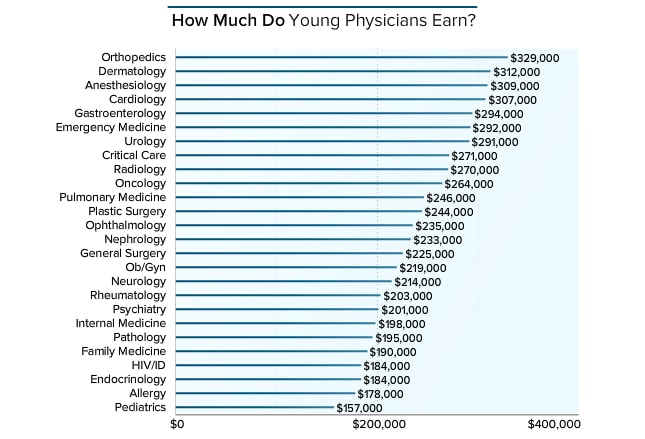- Joined
- Oct 29, 2006
- Messages
- 1,208
- Reaction score
- 1,089
Our stock provides ownership of 2 ASCs and a hospital. The base level of stock gives me ~0.15% ownership. I invested more and am currently ~1% owner. I have a lot of eggs in that basket, but it is a good basket currently. I did it to prepare for the day when anesthesia and other services fight over the money that is paid lump sum to hospital. I anticipate the hospital will keep more than they will give us, and I wanted to still get some.
Every quarter the extra money the hospital makes over expenses (and a certain amount of cash on hand holdback) gets distributed out to all partners. This set up is rare. So I get ~1% of the hospital profits per year. At the end, I can sell my stock for whatever it is worth at that time.
Every partnership offer and setup is going to be different, some would say I was screwed hard my first year, and they are probably right. However, for me it was a calculated risk that has allowed my situation to be far ahead of where I would have been had I taken that employed or academic job elsewhere.
Every quarter the extra money the hospital makes over expenses (and a certain amount of cash on hand holdback) gets distributed out to all partners. This set up is rare. So I get ~1% of the hospital profits per year. At the end, I can sell my stock for whatever it is worth at that time.
Every partnership offer and setup is going to be different, some would say I was screwed hard my first year, and they are probably right. However, for me it was a calculated risk that has allowed my situation to be far ahead of where I would have been had I taken that employed or academic job elsewhere.
